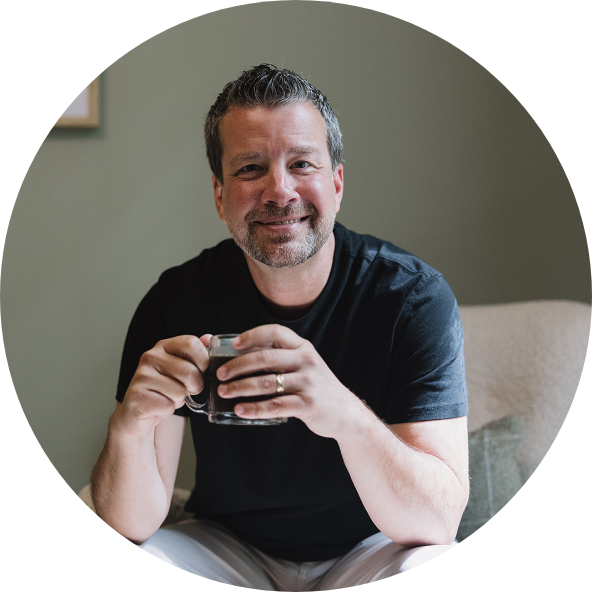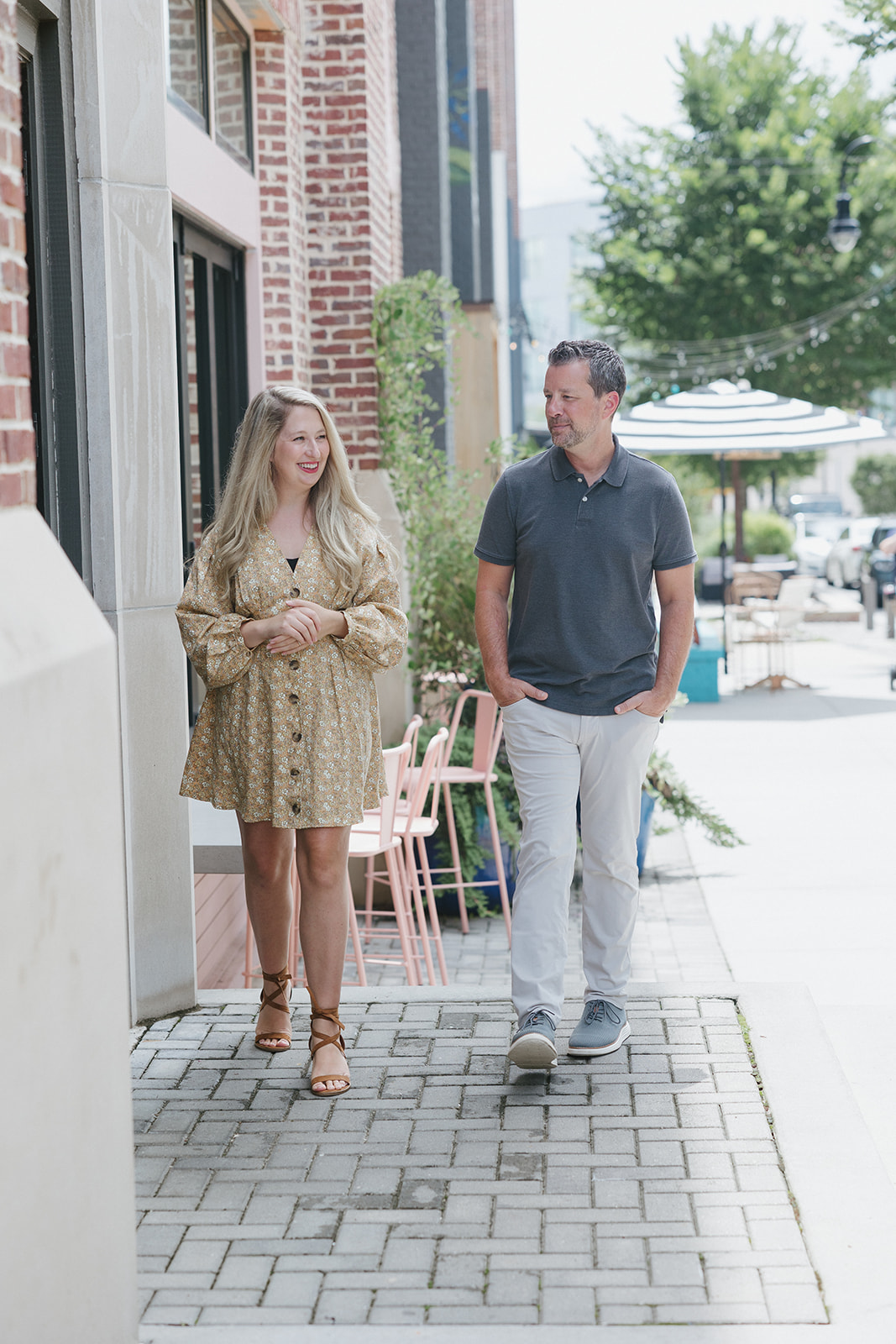Let’s talk about something that might not get enough attention but can make a huge difference in your life: pets. You might already know that pets are great companions, they bring joy, comfort, and a sense of connection. But did you know that having a pet can actually play a big role in improving your mental and physical health, too?
If you’re a veteran, you’ve probably faced some challenges that most people just don’t fully understand. Whether it’s the lingering effects of trauma, dealing with loss, or simply adjusting to civilian life, life can feel heavier than it needs to. This is where pets come in whether it’s a dog, cat, or even a bird or reptile. These animals can give you more than just snuggles and fun times; they can provide real, tangible benefits for your well-being. Let’s dive in.
The Power Of Pet Companionship For Mental Health
First, let’s be real, you know stress. It’s something you carry with you, even after you’re no longer in active service. For many, this stress shows up as anxiety, depression, or even symptoms of PTSD. And let’s not forget about the isolation that can come when transitioning back into civilian life.
Here’s the thing: pets are incredible at helping with all of this. Animals are non-judgmental, always present, and their unconditional love provides a sense of safety that can make a world of difference. They don’t ask for much—just a little food, some playtime, and most importantly, your time.
How Do Pets Help With Mental Health?
-
Reducing Anxiety
Have you ever just sat with your pet and felt your muscles relax as they snuggled up next to you? Studies show that spending time with pets can lower your blood pressure, reduce anxiety, and promote feelings of calm. That’s especially true for veterans who may experience heightened stress levels. A pet’s presence can be grounding, helping you stay in the moment and not get lost in your head.
-
Combatting Depression
The thing about depression is that it often makes you feel disconnected, like you’re floating through life. But a pet can anchor you. The responsibility of caring for a pet gives you a sense of purpose, something to look forward to every day. Plus, their playful antics and unconditional love can lift your spirits, even on tough days.
-
Providing Emotional Support
Pets have this magical ability to know when you’re having a bad day. They’re always there for you when you need someone to talk to (or vent at). For veterans, pets can offer emotional support that’s simple, non-invasive, and real. When words feel too heavy, a cuddle with your dog or a quiet moment with your cat can sometimes be exactly what you need.
Physical Health Benefits Of Pets
We all know that exercise is good for our bodies, but it can feel hard to get moving, especially when you’re not in the mood or when anxiety makes the thought of being around people overwhelming. Enter: pets. Dogs, in particular, make fantastic workout buddies. Their enthusiasm is contagious, and they’ll drag you out for walks (even when you’d rather be on the couch). It’s kind of like having a personal trainer who only wants belly rubs in exchange.
Here’s how pets can help with physical health:
-
Regular Walks
Dog walks are more than just a quick trip outside. They’re a chance to get some fresh air, stretch your legs, and clear your mind. Whether it’s a quick stroll around the block or a longer hike, getting out in nature has serious benefits for your mental and physical health. For veterans, these walks can help break up the day and create a routine that promotes both mental clarity and physical well-being. Plus, you’re getting exercise, even if you don’t realize it!
-
Better Cardiovascular Health
Regular physical activity, like taking your dog for a walk, has been shown to improve heart health. That’s especially important for veterans who may be dealing with stress, anxiety, or the physical toll of years of service. Regular walks with your pet can lower blood pressure, reduce your risk of heart disease, and keep you feeling more energized.
-
Movement That Feels Natural
One of the best parts about exercising with your pet is that it doesn’t feel like “exercise.” It’s just part of your routine. Pets motivate you to move more, and before you know it, you’ve built healthy habits without even thinking about it.
The Unspoken Bond: Pets & PTSD
For veterans with PTSD, the relationship with a pet can be life-changing. Dogs, in particular, are often used as therapy animals for veterans because they can help reduce the intensity of flashbacks, nightmares, or panic attacks. The calming effect of having a pet around can help lower stress levels and offer a sense of security. It’s like having a constant companion who’s there to help you through the hard moments.
Pets provide a physical and emotional presence that can help you feel grounded, reducing the feelings of isolation that often come with PTSD. Their ability to sense when something’s wrong and offer comfort can be an incredible part of your healing journey.
A Pet Might Be Exactly What You Need
At the end of the day, pets aren’t just “good for you” in the fluffy, feel-good way we usually think about. They’re beneficial—mind, body, and soul. They provide comfort, companionship, and motivation, and their love is a reminder that you’re never truly alone. For veterans dealing with trauma, stress, or depression, pets offer a consistent, soothing presence that can help ease the toughest days.
If you’ve been considering adopting a pet, or if you already have one, take a moment to appreciate the difference they make in your life. From the way they nudge you to take that walk, to the way they sit next to you after a tough day—pets are there, offering a kind of unconditional love that’s sometimes hard to find elsewhere.
And if you’re finding that the challenges of being a veteran feel too overwhelming, don’t forget. pets can be part of your support system. But it’s also okay to lean on the human support you deserve, like therapy or reaching out to someone who gets it.
Here at The Pursuit Counseling, we’re here to help you navigate the ups and downs whether it’s through the bond you share with a furry friend or by exploring deeper emotional support for the challenges you face as a veteran.











